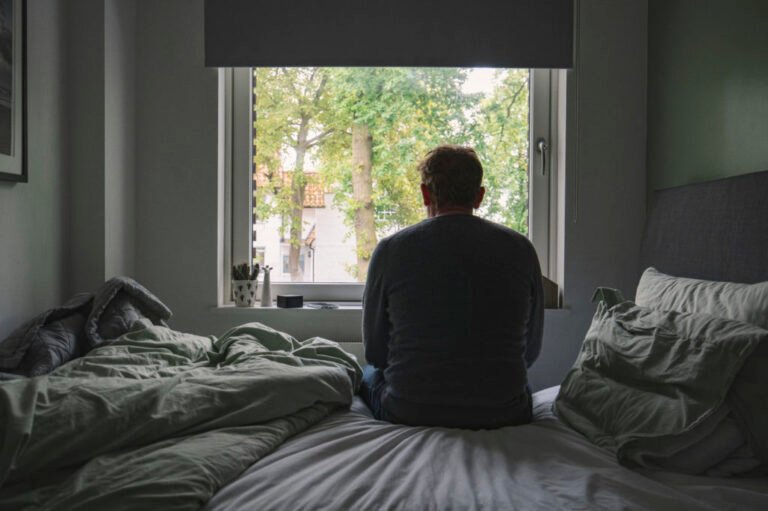Ali Rogin:
Last year, US Surgeon General Vivek Murthy sounded the alarm about the impact of chronic loneliness on people’s health. A report released by his office last spring found that social isolation can be as deadly as smoking up to 15 cigarettes a day.
Now some local leaders are heeding the warning. In California, San Mateo County, which includes parts of Silicon Valley, became the first in the nation to declare loneliness a public health emergency.
Edward Garcia heads the Coalition to End Social Isolation and Loneliness, a nonprofit organization that partners with medical professionals and policy makers.
Edward, thank you so much for being here. Why are we so lonely as a nation?
Edward Garcia, Coalition to End Social Isolation and Loneliness: Well, I think there’s a lot of cultural factors that go into why we’re so lonely. But I would like to take a step back and say that loneliness and isolation are not new events. Unfortunately, the most marginalized people in our society are always at higher risk of social isolation and loneliness, including communities of low socio-economic status and minority groups such as BIPOC communities and LGBTQ youth. .
I think what’s becoming clear now is that many of us are starting to feel the effects of social isolation and loneliness, especially from the pandemic. Some of the promoters of this are seriously focused on hyper-individualism. In other words, we’re not looking at what unites us, but how we’re different. Truly hyper-customized media consumption online platforms like social media We’re creating these alternative worlds. And when you get out of that, you can feel like you don’t belong to a real-world community.


